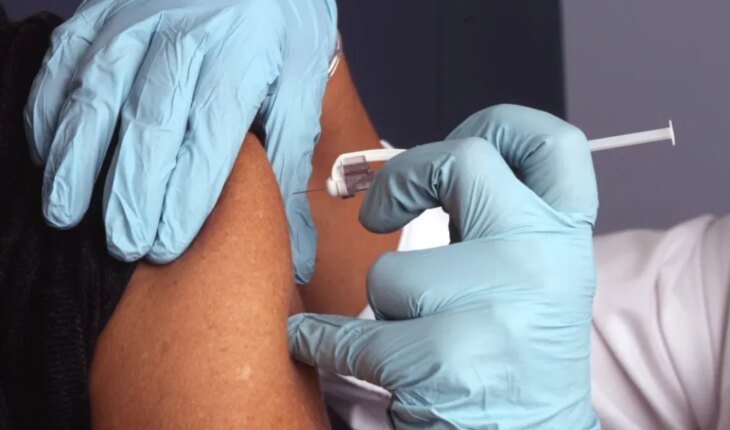“Stubble disease”, as Argentine Hemorrhagic Fever (AHF) is known, is a severe acute viral disease caused by the Junín virus. Although it is mainly transmitted between rodents, with the “corn mouse” being its reservoir, humans can be accidentally infected from direct contact with the secretions and excreta of these animals. During the 1950s, FHA represented a challenge for Argentina and, although significant progress was made in the management of the health situation during the following decades, the maximum peak managed to exceed 3000 infections per year. It was only in the 1990s, with the introduction of the Candid #1 preventive vaccine, that between 15 and 50 cases of Argentine Hemorrhagic Fever began to be reported per year in the country. It usually occurs in rural and domestic environments and in linear habitats such as roads, fields and railway lines. The endemic area in Argentina corresponds to the south of Santa Fe, south of Córdoba, north, center and southeast of Buenos Aires and northeast of La Pampa, and it is estimated that 5 million people are at risk of contracting this disease. Although the period of highest incidence usually takes place from March to October, cases can appear throughout the year, which is why vaccination is recommended as the most effective prevention measure. SymptomsThe initial symptoms are similar to those of dengue, beginning with fever accompanied by headache, muscle and joint pain, and the possible appearance of bleeding. It is important to avoid self-medicating and consult with your doctor.
Early detection is essential because there is an effective specific treatment for this disease, which is the administration of immune plasma (plasma extracted from people who have had the disease and have been cured). Plasma should be transfused within the first week from the onset of symptoms, in set doses of neutralizing antibodies. Its use in the second week of the disease did not prove effective. – Maintain careful hygiene, especially of the hands, and change clothing whenever areas with rodents have been frequented.
– Do not put stems, leaves or pimples in your mouth.
– Do not lie on bags or on the floor.
– Eat and sleep in clean rooms.
– Wear closed-toe shoes.
– Keep the surroundings of the house clean and weeded to prevent the lauchas from approaching it, as well as the children’s play spaces. – Men and women between the ages of 15 and 65 who reside, carry out activities or travel to the endemic area of the provinces of Santa Fe, Buenos Aires, Córdoba and La Pampa. – Vaccination is not recommended for pregnant or breastfeeding women, people with congenital or acquired immune deficiency, people who are suffering from fever, chronic malignant or decompensated conditions that may affect the immune response, and people on immunosuppressive therapies at the time of vaccination.
Stubble disease: what is it? And how to prevent it?
January 25, 2024 |





